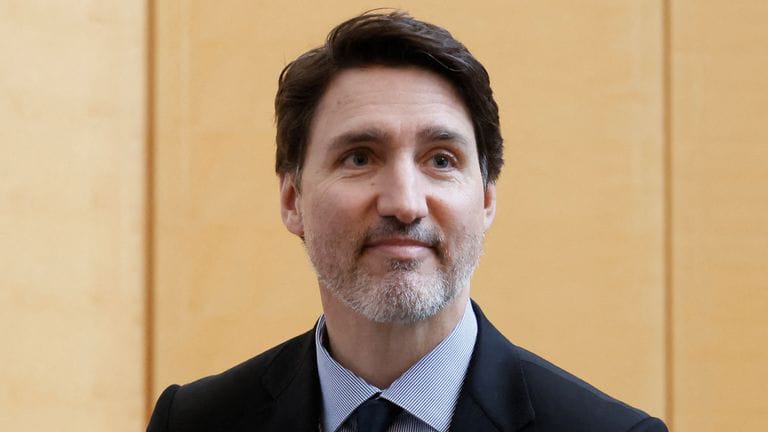
simply amazing, always for you.
In a surprise announcement, Canadian Prime Minister Justin Trudeau has revealed his intention to step down after nearly a decade in office. Reflecting on his tenure, Trudeau cited one major regret: his inability to reform Canada’s electoral system, a promise he made during his 2015 campaign.

“If I have one regret, particularly as we approach this election—well, probably many regrets that I will think of,” Trudeau said during his address. “But I do wish we’d been able to change the way we elect our governments in this country so that people could simply choose a second choice, or a third choice on the same ballot.”
Trudeau’s comments reference his once-ambitious plan to overhaul Canada’s first-past-the-post voting system. The proposed reform aimed to introduce ranked ballots, allowing voters to express preferences for multiple candidates. However, this initiative stalled, overshadowed by other political priorities and challenges during his time in office.
This decision marks the end of a tumultuous chapter in Canadian politics. Trudeau, who swept into power in 2015 with a promise of “sunny ways,” faced declining popularity in recent years. Economic headwinds, internal party dissent, and criticism over unfulfilled campaign promises, including electoral reform, weighed heavily on his leadership.
Trudeau’s resignation also sets the stage for a significant transition within the Liberal Party. He confirmed that he will remain in office until a new leader is chosen, with Parliament prorogued until March 24, 2025, to facilitate this process.
As the party prepares to elect its next leader, questions linger about the legacy of Trudeau’s administration. Supporters praise his progressive initiatives, including climate change policies and social reforms, while critics point to missed opportunities and a widening disconnect with everyday Canadians.
This announcement underscores the enduring debate over electoral reform in Canada. Advocates argue that a ranked ballot system could enhance voter engagement and better reflect the diversity of political preferences across the country. While Trudeau’s resignation signals the end of his leadership, his parting regret may reignite the discussion on modernizing Canada’s electoral process.
The Liberal Party now faces the dual challenge of navigating this leadership transition while preparing for the upcoming election—a pivotal moment that could reshape Canada’s political landscape for years to come.
